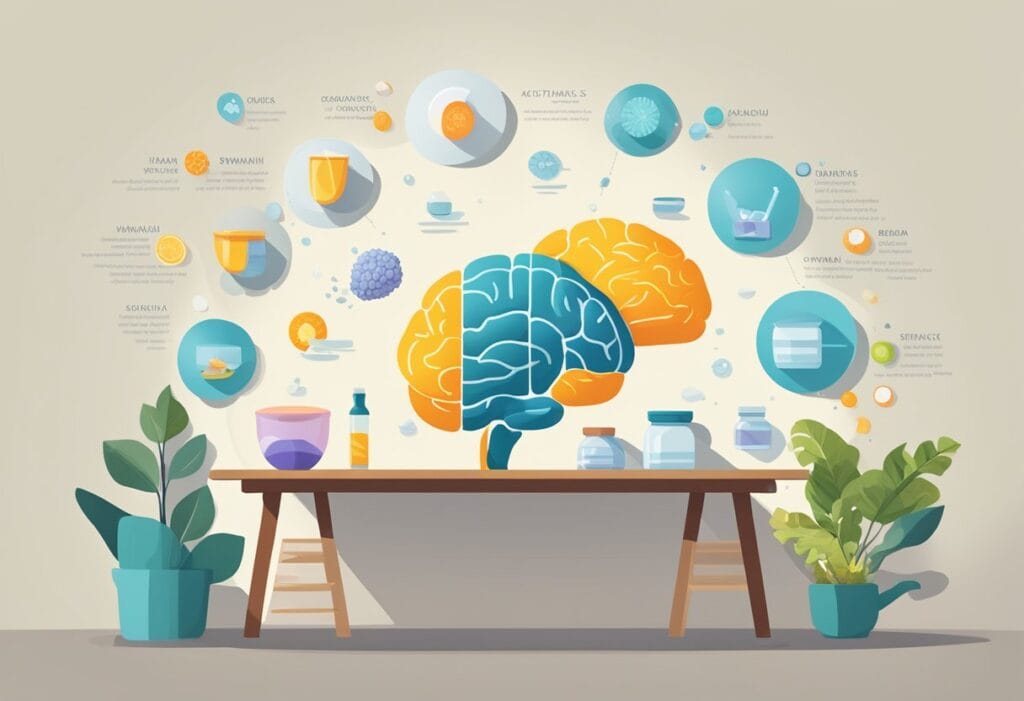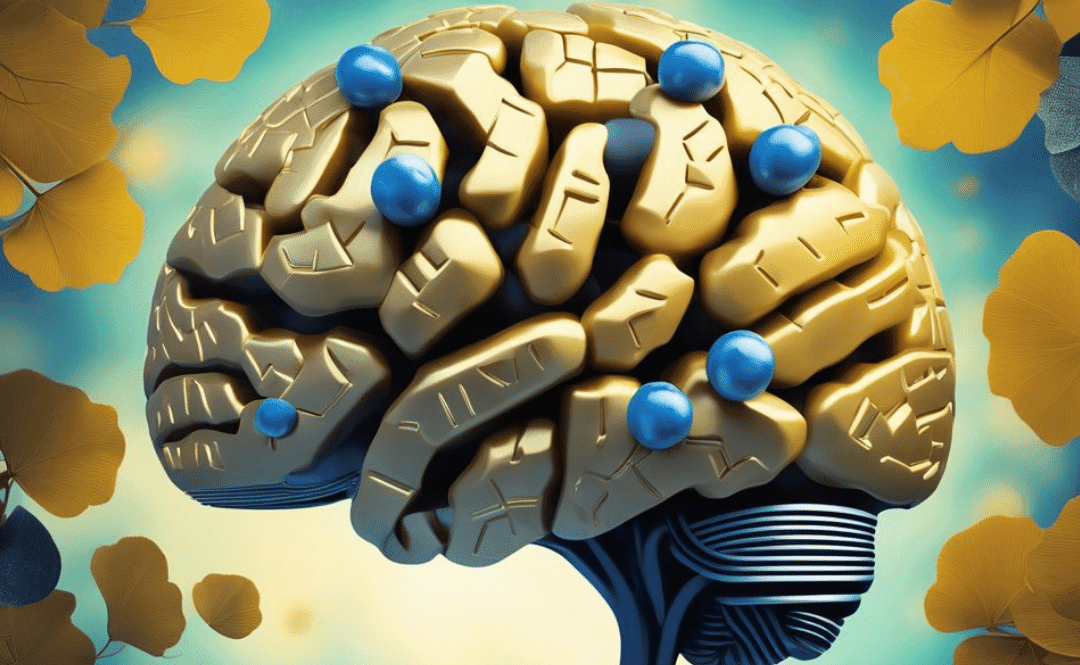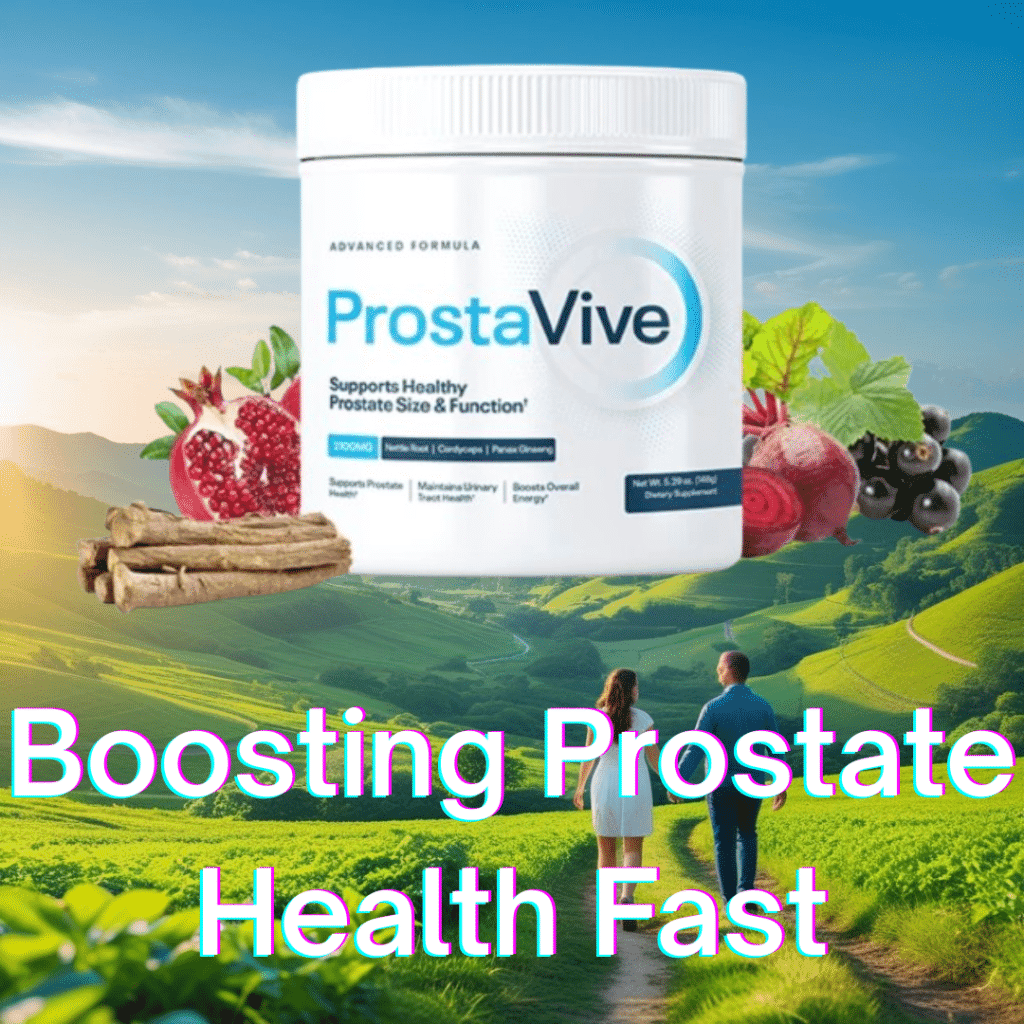As we age, our brain’s cognitive function tends to decline. However, there are certain measures we can take to maintain and even enhance our brain health. One such measure is taking supplements that are specifically designed to boost brain function. In this article, we will discuss the top 5 supplements for enhanced brain health.

Before we dive into the top supplements, let’s first understand what brain health is and how supplements can help improve it. Our brain health is influenced by various factors, such as genetics, lifestyle, and environment. Supplements can help support brain health by providing essential nutrients that are necessary for optimal cognitive function. While a healthy diet is the best way to get these nutrients, supplements can be a convenient way to ensure we are getting enough of them.
Now that we have a basic understanding of brain health and supplements, let’s take a look at the top 5 supplements for enhanced brain function. These supplements have been shown to improve cognitive function, memory, and focus. By incorporating them into our daily routine, we can support our brain health and potentially enhance our cognitive abilities.
Key Takeaways
- Supplements can help support brain health by providing essential nutrients that are necessary for optimal cognitive function.
- The top 5 supplements for enhanced brain function are Lion’s Mane, Bacopa Monnieri, Omega-3 Fatty Acids, Creatine, and Resveratrol.
- While supplements can be a convenient way to get brain-boosting nutrients, it’s important to consult with healthcare professionals before starting any supplement regimen.
Overview
Understanding Brain Health and Supplements
As we age, our cognitive health can decline, leading to memory loss, difficulty in problem-solving, and reduced productivity. However, we can take steps to maintain and enhance our brain health. One of the most effective ways is by taking supplements that support brain function. In this section, we will discuss the role of supplements in cognitive health and differentiate between essential nutrients and nootropic supplements.
The Role of Supplements in Cognitive Health
Supplements can provide essential nutrients that our bodies need to maintain healthy brain function. For example, B vitamins are essential for brain health, and a deficiency in these vitamins can lead to cognitive decline. Omega-3 fatty acids are also important for brain function, and studies have shown that they can improve memory and cognitive performance.
However, it’s important to note that while supplements can support brain health, they are not a substitute for a healthy diet and lifestyle. A balanced diet that includes plenty of fruits, vegetables, whole grains, and lean protein is essential for overall health, including brain health.
Differentiating Between Essential Nutrients and Nootropic Supplements
It’s important to differentiate between essential nutrients and nootropic supplements. Essential nutrients are vitamins, minerals, and other nutrients that our bodies need to function properly. Nootropic supplements, on the other hand, are designed to enhance cognitive function, memory, and focus.
While some nootropic supplements may provide benefits, it’s important to consult with a healthcare professional before taking them. Some supplements may interact with medications or have side effects, and it’s important to ensure that they are safe for you to take.
In summary, supplements can play a role in maintaining and enhancing brain health, but they are not a substitute for a healthy diet and lifestyle. Essential nutrients are important for overall health, while nootropic supplements can provide additional benefits. If you are considering taking supplements for brain health, it’s important to consult with a healthcare professional first.
Top Supplements for Enhanced Brain Function
As we age, our cognitive abilities may decline. Fortunately, there are many supplements available that can help us maintain and even enhance our brain function. In this section, we will discuss the top supplements for enhanced brain function.
Maintaining brain health is crucial for overall well-being and cognitive function, especially as we age. While a balanced diet, regular exercise, and mental stimulation are the cornerstones of brain health, some people turn to supplements as an additional support. Here are five supplements commonly believed to support brain health:
- Omega-3 Fatty Acids: Omega-3 fatty acids, particularly eicosapentaenoic acid (EPA) and docosahexaenoic acid (DHA), are essential for brain health. They are found in high concentrations in the brain and are important for cognitive function and brain cell fluidity. Fish oil supplements are a common source of omega-3s for those who do not consume enough through their diet.
- Vitamin D: Vitamin D receptors are widespread in brain tissue, and this vitamin plays a role in brain development and function. A deficiency in vitamin D has been linked to an increased risk of cognitive decline and neurodegenerative diseases. Supplementing with vitamin D may be particularly important for individuals with limited sun exposure or those with low levels of this vitamin.
- B Vitamins: B vitamins, including B6, B9 (folate), and B12, are important for maintaining brain health. They help reduce homocysteine levels, which, at high levels, are associated with a greater risk of cognitive decline and Alzheimer’s disease. B vitamins are also crucial for producing neurotransmitters and for the maintenance of myelin, the protective sheath around neurons.
- Antioxidants: Antioxidants such as vitamins C and E, as well as flavonoids and carotenoids, help combat oxidative stress, which can damage brain cells. Foods rich in antioxidants are the best source, but supplements can be used in cases of dietary insufficiency. Some studies suggest that antioxidant supplements may help protect cognitive function.
- Curcumin: Curcumin, the active ingredient in turmeric, has powerful anti-inflammatory and antioxidant effects. It has been studied for its potential to improve brain health and protect against cognitive decline. However, curcumin is not easily absorbed by the body, so some supplements are formulated to enhance its bioavailability.
It’s important to consult with a healthcare provider before starting any supplement regimen, as supplements can interact with medications, and not all supplements are appropriate for everyone. Additionally, while some studies suggest potential benefits from these supplements, evidence is mixed, and more research is needed to fully understand their effects on brain health. Remember, a healthy lifestyle is the most important factor in maintaining brain health. Supplements should not be used as a substitute for a healthy diet and lifestyle.
Omega-3 Fatty Acids: EPA and DHA
Omega-3 fatty acids, specifically EPA and DHA, are essential for brain health. They are found in fish oil and can also be taken as a supplement. EPA and DHA are important for maintaining the structure of brain cells and for reducing inflammation in the brain. Studies have shown that omega-3 fatty acids can improve memory and cognitive function in older adults.
B Vitamins: Focusing on Vitamin B12
B vitamins play a crucial role in brain function. Vitamin B12, in particular, is important for maintaining healthy nerve cells and for producing red blood cells. As we age, our bodies may have difficulty absorbing vitamin B12 from food sources, which can lead to cognitive decline. Taking a vitamin B12 supplement can help prevent this decline and may even improve cognitive function.
Antioxidants: The Power of Resveratrol and Vitamin C
Antioxidants are important for protecting the brain from oxidative stress, which can lead to cognitive decline. Resveratrol, found in red wine and grapes, is a powerful antioxidant that has been shown to improve memory and cognitive function in older adults. Vitamin C is another antioxidant that is important for brain health. It helps protect the brain from damage caused by free radicals and may even improve cognitive function.
Minerals: Magnesium’s Role in Cognitive Abilities
Magnesium is an important mineral that is essential for many bodily functions, including brain function. It helps regulate neurotransmitters, which are important for communication between brain cells. Studies have shown that magnesium can improve cognitive abilities, including memory and learning. Taking a magnesium supplement may be especially beneficial for older adults, as magnesium levels tend to decline with age.
Dietary Sources of Brain-Boosting Nutrients

When it comes to enhancing brain health, a healthy diet is key. Certain nutrients have been shown to boost brain function and even protect against cognitive decline. Incorporating these nutrients into your diet can be done through a variety of whole foods and dietary supplements.
Incorporating Omega-3s Through Fish and Seeds
Omega-3 fatty acids are essential for brain health and have been linked to improved cognitive function and a reduced risk of cognitive decline. Incorporating omega-3s into your diet can be done through fatty fish such as salmon, tuna, and sardines, as well as through plant-based sources such as chia seeds, flaxseeds, and walnuts.
Enhancing Antioxidant Intake with Berries and Nuts
Antioxidants are important for brain health as they help protect against oxidative stress and inflammation. Berries such as blueberries, blackberries, and strawberries are rich in antioxidants and have been shown to improve cognitive function. Nuts such as almonds, walnuts, and pecans are also high in antioxidants and can be a great snack option for brain health.
Whole Grains and Beans for B Vitamins and Minerals
B vitamins and minerals such as magnesium and zinc are important for brain function and can be found in whole grains and beans. Brown rice, quinoa, and oats are great sources of B vitamins, while beans such as black beans, kidney beans, and lentils are high in magnesium and zinc.
While incorporating these brain-boosting nutrients into your diet through whole foods is ideal, dietary supplements can also be a convenient way to ensure you are getting enough of these essential nutrients. However, it’s important to note that supplements should not replace a healthy diet and should be taken under the guidance of a healthcare professional.
Lifestyle Factors Affecting Brain Health
Maintaining optimal brain health requires a holistic approach that includes lifestyle changes. In this section, we’ll discuss two key lifestyle factors that can significantly impact cognitive function: sleep and stress, and physical activity.

The Impact of Sleep and Stress on Cognitive Function
Quality sleep is essential for optimal brain function. Lack of sleep or poor quality sleep can lead to cognitive decline, memory impairment, and other mental health issues. Chronic stress can also negatively impact cognitive function and increase the risk of developing mental health disorders. It’s important to prioritize quality sleep and manage stress levels to maintain optimal brain health.
To improve sleep quality, consider establishing a regular sleep schedule, avoiding caffeine and alcohol before bed, and creating a relaxing sleep environment. To manage stress, try mindfulness practices such as meditation or yoga, and engage in stress-reducing activities like reading or spending time outdoors.
Physical Activity and Brain Oxygenation
Physical activity has numerous benefits for overall health, including improved blood flow and oxygenation to the brain. Regular exercise has been shown to improve cognitive function and reduce the risk of cognitive decline and dementia.
To incorporate physical activity into your daily routine, consider activities such as walking, jogging, swimming, or cycling. Aim for at least 30 minutes of moderate-intensity exercise most days of the week. Remember to consult with your healthcare provider before starting any new exercise routine.
Consulting Healthcare Professionals

When it comes to taking supplements for brain health, it’s important to consult with a healthcare professional. This is especially true if you are currently taking any medications or have any underlying health conditions.
A healthcare professional can help you determine if a particular supplement is right for you and can also provide guidance on dosing and potential side effects. They can also help you identify any potential interactions between supplements and medications you may be taking.
At the end of the day, we want to make sure that any supplements we take are science-backed and safe for our health. Consulting with a healthcare professional can help ensure that we are making informed decisions about our health and well-being.
Remember, supplements are not a replacement for a healthy diet and lifestyle. They should be used to complement a well-rounded approach to overall health and wellness.










